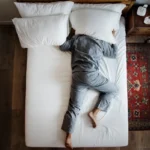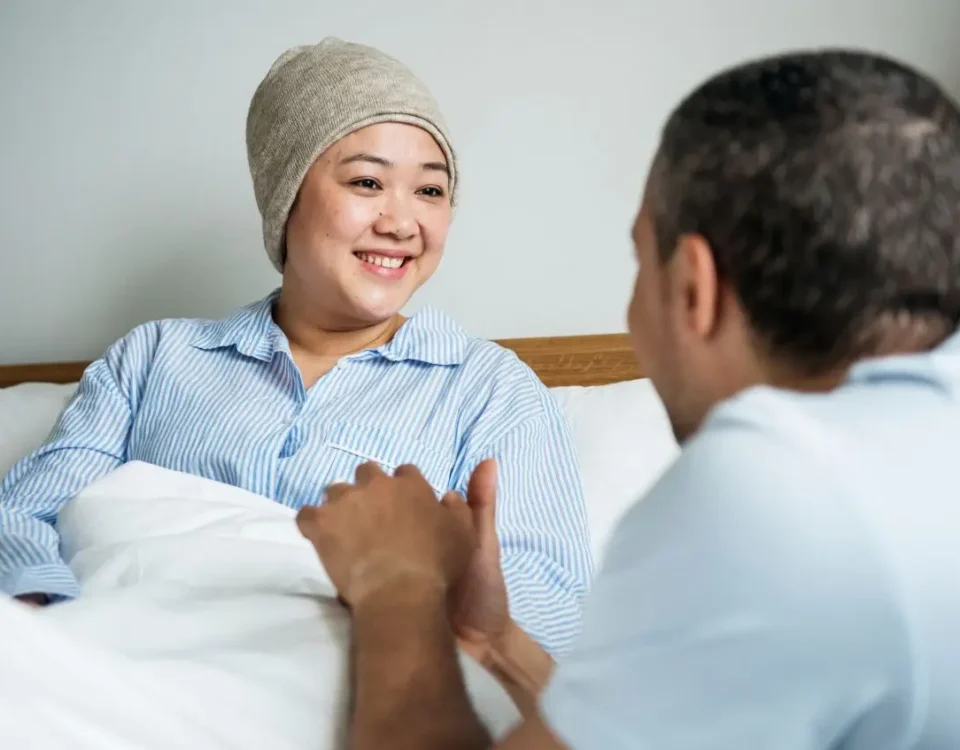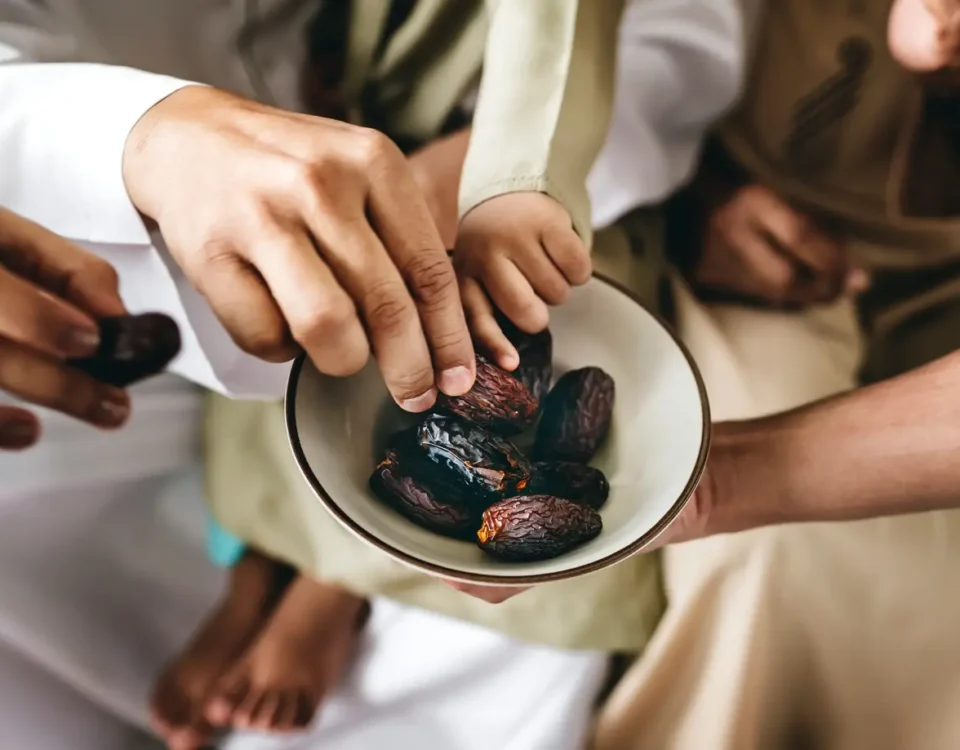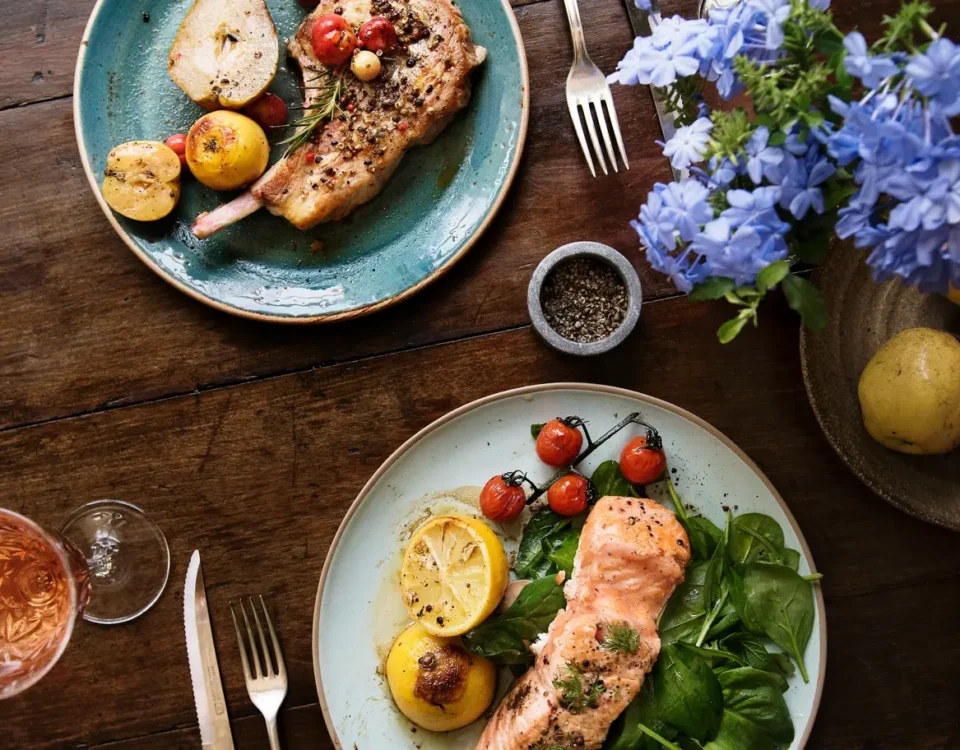
Mastering Mental Health: Strategies for SAD, Sleep Paralysis, and Work-Life Balance
April 11, 2025
Mastering Mental Health: A Comprehensive Guide for Medical Students – 2025
April 11, 2025Summary (TL;DR)
Develop confidence with empowering mantras, create calming pre-exam rituals (like using lavender products), and leverage energizing playlists to stay motivated. Stop studying when tired to avoid burnout, and cultivate calm on exam day through routines like deep breathing or familiar surroundings. During quarantine, stick to a routine, limit news and social media, stay connected with loved ones, and practice self-care across physical, emotional, social, and spiritual dimensions.
Finally, seek support when needed and take life one day at a time. For an added edge, explore aromatherapy scents like lavender or jasmine to alleviate anxiety. Remember, taking care of yourself is key to excelling in medical school.
Medical school is notorious for its intense academic pressure and stress. Few educational environments can compare to the challenges faced by medical students, who often find themselves completely overwhelmed at some point during their studies. The demanding syllabus, combined with the length of the medical degree, creates a perfect storm of stress. Add to this the fierce academic competition among top-tier students, and you have a recipe for potential burnout. To cope with this nerve-racking stress, many students resort to unhealthy coping mechanisms like smoking, drinking, recreational drugs, binge eating, and social withdrawal. However, these methods are counterproductive to both physical and mental health. Instead, adopting healthier de-stressing techniques can make a significant difference in maintaining well-being throughout medical school.
Putting Things into Perspective
A crucial step in managing stress is regularly reviewing what drives you. If competition is your sole motivator, it can quickly become overwhelming. Given the already demanding nature of the medical field, learning to prioritize early on is essential. Personally, I've found that having strong relationships with family and friends provides invaluable support. Additionally, engaging in a side hobby that brings joy can prevent spiraling into negativity. For instance, I enjoy reading books on spiritual healing, which not only soothes but also equips me with tools to overcome pessimistic slumps. This approach helps maintain balance and perspective amidst the chaos of medical school.
The Power of Rest and Meditation
According to recent surveys, 67% of medical professionals consider leaving practice within five years due to burnout—a frightening consequence of unchecked stress. Finding relief through non-work activities is vital. Sleep plays a primary role in stress management. The American Psychological Association notes that sleeping 60 to 90 minutes more per night can enhance happiness and health. Trading social media time for sleep offers better long-term benefits than temporary dopamine hits. Complementing sleep with meditation further amplifies its effects. Meditation has been shown to reduce stress, control anxiety, enhance self-awareness, and extend attention spans. As future medical professionals, embracing these practices can significantly improve our resilience against stress.
Healthy Snacking Over Sugary Treats
Snacking is inevitable during long hours of study or work. Differentiating between healthy and sugary snacks is crucial. Dark chocolate, nuts, avocado slices, berries, and whole-grain crackers are excellent examples of nutrient-packed snacks. These options boost energy levels, enhance cognitive function, and improve focus—benefits particularly useful for medical professionals facing long, demanding hours. Unlike sugary snacks, which promote lethargy and pose cardiovascular risks, nutrient-rich foods like those containing folic acid, vitamin C, magnesium, and B-12 positively impact mood both short- and long-term. Thus, choosing healthy snacks greatly influences stress levels and overall health.
Physical Activity: The Ultimate Stress Reliever
The correlation between reduced stress and exercise is well-documented. Surveys conducted over decades confirm this relationship through facts and figures. For over a decade, the American Psychological Association (APA) has commissioned an annual nationwide survey as part of its Mind/Body Health campaign to examine the state of stress across the country and understand its impact. Their findings conclude that 53% of adults say they feel good about themselves after exercising, and 62% of adults who exercise or walk to help manage stress say the technique is very or extremely effective. Walking, swimming, strength training, Zumba, and aerobics are all exercises that can be easily done with a lot of time to spare for other activities. They successfully boost endorphins and effectively lower stress. Accompanied by the benefits of improving the quality of sleep, reducing risks of chronic diseases, and enhancing memory, the advantages are endless. The best part is that while exercising daily, it is only a matter of weeks before people start seeing improvement in their mental and physical health.

Ready Your Mantras
For every major graded evaluation, whether it be a written exam or OSCE, picking a mantra can be incredibly empowering. Saying these mantras aloud, plastering them on the corkboard above your desk, sticking post-its on your mirror in the bathroom—all of these things help find confidence when it's lost. Some effective mantras include:
- Preparation is greater than fear.
- Discipline is the bridge between goals and accomplishments.
- Grades are not equivalent to self-worth.
- Look how far you have come.
- You are exactly where you are meant to be. You belong here.
These affirmations remind us of our capabilities and keep us grounded during stressful times.
Hype Up Playlists
While studying for Step 1, the doom and gloom of test anxiety accompanied me every day. My friends decided to support me in the best way they could during the time of COVID and the virtual world—they made me a Spotify playlist. Filled with feel-good, empowering, and crush-that-exam anthems; listening to it while reviewing or after a long day of reading helped me find the extra strength needed to get through each day!
The Ritual Is Not Ridiculous, If It Helps
Creating pre-exam rituals can be incredibly beneficial. For example, using lavender products—body wash, shampoo, soap, lotion—can create a calming routine. On the night before an exam, stopping all studying at 8 pm, taking a hot shower with lavender goodies, having a cup of tea, watching a favorite movie, and heading to bed at 10 pm can set a relaxing tone. Similarly, on exam day, wearing lucky clothes, performing another morning shower drenched in lavender, walking into the exam room blasting a favorite feel-good playlist, and refusing to talk to anyone until afterward can instill confidence. Trusting in preparation and avoiding last-minute cramming allows relaxation and optimal performance.
Stop When You Are Tired
Sometimes we mistakenly force our brains to keep going because of internal panic. What we don't realize is that we're causing ourselves more harm than good. There were many days I came close to pulling an all-nighter—setting alarms for midnight and 2 am, heading to bed for a nap at 4 am, waking up at 5:30 am for a shower, a bite to eat, and some more studying—and found that forcing myself to continue resulted in worse outcomes. Now, when my brain starts to get fuzzy and I notice I'm no longer remembering or answering questions correctly, I stop. Having a hot cup of tea and heading to bed ensures that some things wait until tomorrow.
Cultivate Your Calm on Exam Day
On the day of the exam, do whatever you can to settle nerves. Listen to music, have a light breakfast, bring snacks or candy. If the exam is in an unfamiliar place, drive there beforehand and familiarize yourself with the surroundings. Note where the bathrooms are and what the test-taking venue looks like. Arriving early and pausing under a tree or bench for deep breaths can foster tranquility. Embracing calm allows the mind to triumph over matter and boosts confidence.

Sticking to a Routine During Quarantine
To become great physicians, we must first take care of ourselves. During quarantine, maintaining usual coping outlets has been challenging. Creating a routine can restore structure. Write down a schedule including sleep, meals, work, phone time, exercise, and other activities. Staying at home and staring at the same environment can feel redundant, but adhering to a new routine breaks monotony.
Stay Off the News and Social Media
Keeping up-to-date on world news can be exhausting. Turning on the TV to watch the news channel has been distressing lately. Listening to worldwide disasters on top of the Covid pandemic causes unease and anxiety. Cutting out excessive news consumption helps. As doctors, staying informed on medical advancements regarding the pandemic is necessary, but knowing everything isn't required. Limit social media exposure to avoid feeling left out. Schedule social media time to connect with loved ones or mute triggering words/phrases.
Stay Connected
Staying connected with friends and family serves as an outlet. Schedule phone or video calls to combat loneliness. If living with others, spend time together during meals but ensure "alone time" to recharge. Video calling and Zoom calls can be valuable for studying. Accountability partners motivate and keep each other on track.
Get Out of Your PJs
Although tempting to stay in pajamas all day, getting dressed can work wonders. Stick to a normal routine: wake up, dress, have breakfast, change clothes. This subtle change creates a sense of normalcy, allowing better functionality even in challenging times.
Never Evaluate Your Life When Tired
One important piece of advice is never to evaluate life when tired. Fatigue and exhaustion can lead to negative feelings. Anything thought of in that state is likely negative. Get a full night’s sleep and re-evaluate when fully rested.
Practice Self-Care
Self-care should be a daily habit, not an occasional indulgence. It encompasses four categories:
- Physical: Includes sleep, diet, and exercise.
- Emotional: Involves stress management and emotional awareness.
- Social: Positive social interactions, communication, and boundaries.
- Spiritual: Connecting with nature, journaling, and having a sacred space.
Seek Support
Asking for help is okay. Start with loved ones but seek professional help if needed. Virtual meetings and phone calls can be arranged easily. Contact your GP for options or search online for available resources.
One Day at a Time
Take life one day at a time. Focus on bettering yourself and adapting to changes. Use newfound time to learn new skills or languages. Better care for yourself and your mental health.
Aromatherapy: Sniffing Away Anxiety
Aromatherapy involves using essential oils for therapeutic purposes like anxiety, stress, and depression. Essential oils are extracted via steam or water distillation and should be used sparingly. They can be inhaled directly or absorbed through the skin. Studies show aromatherapy reduces anxiety, improves sleep, and alleviates mood issues. For example, lavender oil improved sleep quality and reduced anxiety symptoms in patients with coronary heart disease.
When you smell an oil, molecules stimulate olfactory receptors, conveying signals to the olfactory bulb and cortex. These signals also reach the amygdala, linked to emotions and memory. Certain scents trigger vivid memories and visceral experiences. Lavender, Jasmine, Chamomile, Lemon, and Basil are recommended scents. Remember, aromatherapy complements medical therapy and requires caution since the FDA doesn’t regulate essential oils. Purchase from trusted sources without synthetic chemicals.
Conclusively, aromatherapy shows promise but needs more research. The strong link between olfaction and emotions suggests exploring scent-based emotional stimulation further could yield significant benefits.
By combining various strategies—putting things into perspective, prioritizing rest and meditation, choosing healthy snacks, engaging in regular physical activity, readying mantras, leveraging playlists, establishing rituals, recognizing fatigue limits, cultivating calm, sticking to routines, staying off excessive news and social media, staying connected, dressing appropriately, practicing self-care, seeking support, taking life one day at a time, and exploring aromatherapy—you can effectively manage stress and anxiety throughout medical school. Each method contributes uniquely to creating a balanced, resilient approach to handling the rigors of medical education.

Topic FAQs
Take Your Medical Education to the Next Level with Physeo
Whether you're preparing for Step 1, Step 2, or striving to become a more confident and compassionate physician, Physeo is here to support your journey. Our resources are designed to help you master complex concepts, stay motivated, and achieve your goals.
📚 Unlock Premium Study Tools
Dive into our comprehensive video lessons, image mnemonics, and proven study plans tailored for success. Check out Our Plans to explore subscription options and find the perfect plan for your needs.
💡 Stay Inspired with Our Blog
Looking for tips on excelling in medical school, overcoming burnout, or balancing life as a student or professional? Check out our Blog. It’s your go-to resource for actionable advice and stories from fellow medical students and professionals.
📺 Boost Your Learning with Our YouTube Channel
Prefer learning through videos? Subscribe to our YouTube channel for free tutorials, step-by-step explanations, and expert insights to help you ace your exams and thrive in your medical career.
📱 Connect with Us on Social Media
Stay updated, inspired, and connected with Physeo across our social media platforms:
- Instagram: Follow us on Instagram for daily motivation, study tips, and behind-the-scenes content.
- Facebook: Join our community Here for updates, discussions, and support.
- LinkedIn: Connect with us professionally at LinkedIn for industry insights, career advice, and networking opportunities.
🚀 Ready to Excel?
Invest in yourself and your future patients by joining the Physeo community today. Let’s work together to create a generation of healthcare providers who lead with knowledge and compassion.
Start Your Journey NowAuthor
Noon Hagmusa, Paula Danika A. Binsol and Abu Huraira Khan
Content Creators
Latest articles
Our newsletter
- Work-Life Balance
- USMLE Prep
- Study Tools
- Stress Management
- Spaced Repetition
- Residency Applications
- Physeo
- Personal Growth
- Pathology Education
- OB/GYN Specialty
- Nutrition
- Neuroscience
- Mental Health
- Medical School Tips
- Healthcare Innovation
- Global Health
- Fitness & Wellness
- Faith & Medicine
- Doctor-Patient Relationships
- Creativity in Science
- Career Planning
- Anatomy Mastery












